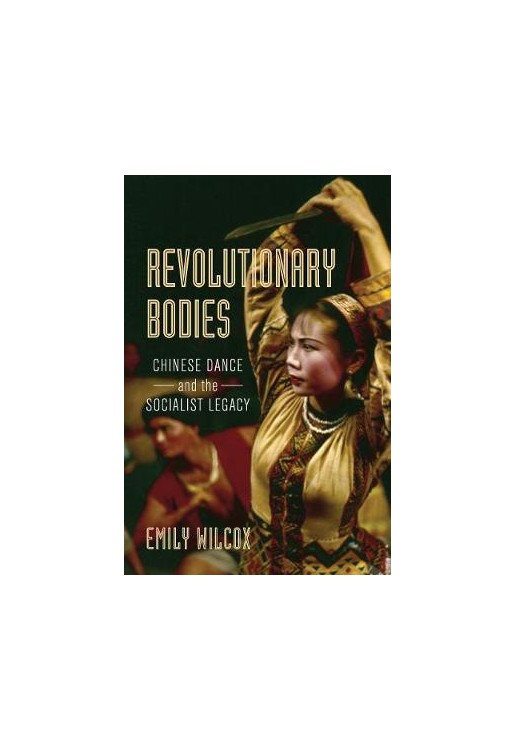A free ebook version of this title is available through Luminos, University of California Press's Open Access publishing program. Visit www.luminosoa.org to learn more.
This book is freely available in an open access edition thanks to TOME (Toward an Open Monograph Ecosystem)-a collaboration of the Association of American Universities, the Association of University Presses, and the Association of Research Libraries. Learn more at the TOME website, available at: openmonographs.org.
Revolutionary Bodies is the first English-language primary source-based history of concert dance in the People's Republic of China. Combining over a decade of ethnographic and archival research, Emily Wilcox analyzes major dance works by Chinese choreographers staged over an eighty-year period from 1935 to 2015. Using previously unexamined film footage, photographic documentation, performance programs, and other historical and contemporary sources, Wilcox challenges the commonly accepted view that Soviet-inspired revolutionary ballets are the primary legacy of the socialist era in China's dance field. The digital edition of this title includes nineteen embedded videos of selected dance works discussed by the author. "Provides a significant introduction of Chinese dance to English readers." * Dance Research Journal * "Revolutionary Bodies promises to be an important reference in the fields of dance, performance, and Chinese studies. . . . [and] stands out for its critical insights." * TDR: The Drama Review * "Provides new insights into the interactions among ethnographic forms of knowledge, artistic modes of representation, and the changing political imperatives of the past century." * Modern Chinese Literature and Culture * "A wonderfully rich source about the development of dance in China and lays a very strong foundations for future research on the topic." * Dance Research * "Keen observation and critical analysis of various dance productions unveil a diverse landscape of socialist dance and reaffirm the multiplicity of Chinese socialist culture." * Asian Theatre Journal *
List of Illustrations and Audiovisual Media
Acknowledgments
Introduction. Locating Chinese Dance: Bodies in Place,
History, and Genre
1. From Trinidad to Beijing: Dai Ailian and the Beginnings of
Chinese Dance
2. Experiments in Form: Creating Dance in the Early People's Republic
3. Performing a Socialist Nation: The Golden Age of Chinese Dance
4. A Revolt from Within: Contextualizing Revolutionary Ballet
5. The Return of Chinese Dance: Socialist Continuity Post-Mao
6. Inheriting the Socialist Legacy: Chinese Dance in the
Twenty-First Century
Glossary of Chinese Terms
Notes and References
Index


